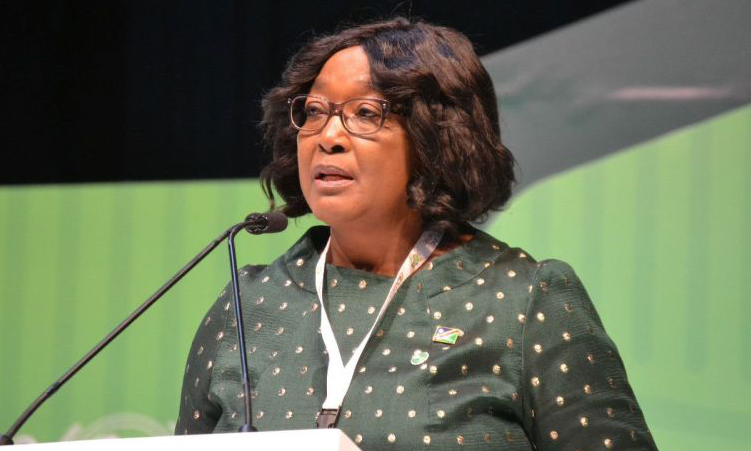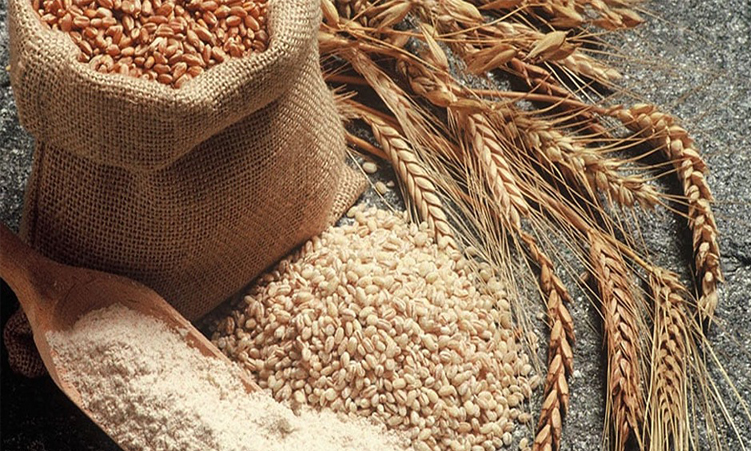The agricultural and fisheries sector have been identified as key investment areas for Tanzania and Namibia.
During the Tanzania-Namibia business and investment forum in Windhoek yesterday, the two countries discussed ways to strengthen their economic ties.
Tanzanian high commissioner to Namibia Ceasar Waitara acknowledged the strong bilateral relationship between the countries, but noted the lack of significant economic growth.
“Namibia and Tanzania have a good relationship, but our economic relationship is lagging behind,” Waitara said.
Cereals and Other Produce Board of Tanzania managing director Patrick Mongella said there are vast investment opportunities in Tanzania’s agricultural sector.

According to Mongella, the favourable weather conditions allow for year-round farming, making Tanzania a prime location for diverse crop production.
“All crops can grow throughout the year because weather is not a constraint,” Mongella said. “We don’t have a true winter or summer, just good weather,” he said.
He added that Tanzania has an abundance of underutilised land suitable for agricultural production, presenting a significant opportunity for Namibian investors venturing into agriculture.
Namibia Investment Promotion and Development Board (NIPDB) manager of investment attraction Selma Namutuwa said the trade balance between the two countries has been skewed.
Namibia imported nearly N$60 million worth of goods from Tanzania in 2023, while exports remained very low at less than N$20 million.

“The food industry offers significant opportunities for investment and we are actively promoting it,” Namutuwa said.
She identified key imports from Tanzania as maize, rice, fruits, vegetables, spices and seafood like prawns.
Namibia’s current agricultural focus is on dates, blueberries and grapes.
Additionally, Tanzania is currently the second-largest supplier of livestock to Namibia.
Namutuwa also mentioned the introduction of the NIPDB Digital Nomad Visa allowing foreigners to work in Namibia for six months.
This initiative further aims to attract investment.
“Namibia has access to a market of over 600 million people through agreements like the Southern African Development Community Common Market,” Namutuwa said.
Last year saw a positive increase in exports between the two countries.
Namibia primarily exports fish, beer and machinery for the mining and agriculture sectors.
Another potential investment area identified is seaweed processing, where Tanzania has room for improvement.
NIPDB executive director of Investment and Sector Development Francois van Schalkwyk emphasised the importance of infrastructure investment. He envisioned these forums as stepping stones for building stronger bilateral relationships.

Discussing key sectors within the Namibian economy, Van Schalkwyk highlighted oil and gas, and the green economy, as promising areas.
He said Namibia aims not only to extract natural resources but also to add value, welcoming investments focused on processing and value addition.
“Your investments are welcome to help grow these upcoming and new industries,” Van Schalkwyk said.
He pointed out the billions already invested in the mining industry and Namibia’s anticipation of a near-future shift towards a secondary and tertiary economy driven by these developing industries.
Namibia Tourism Board chief executive Bonnie Mbidzo advocated for Africa to emulate the European visa regime to facilitate easier movement between countries and boost tourism.
“We need to follow Europe’s example and establish a single visa that allows travel across Africa, similar to their system,” Mbidzo said.
He commended Namibia’s implementation of a visa-upon-arrival policy for many African countries as a positive step towards promoting tourism investment.
Mbidzo further said there is a challenge of limited airlift connectivity within Africa, a significant barrier to tourism growth.
He called on governments to streamline the licensing process for potential investors in the aviation sector.
Stay informed with The Namibian – your source for credible journalism. Get in-depth reporting and opinions for
only N$85 a month. Invest in journalism, invest in democracy –
Subscribe Now!










